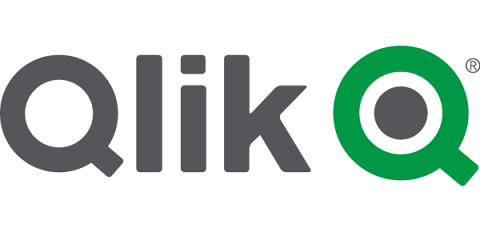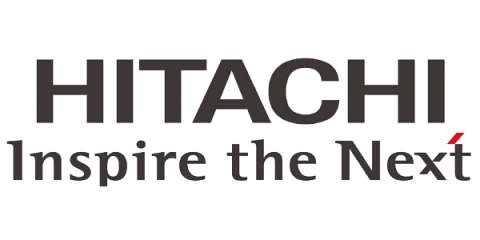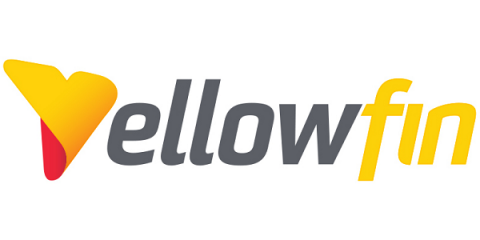"The Expanse" (...of Data)
Back in my college years, I used to listen a lot to the English rock band The Sisters of Mercy. One of my favourite songs is called “More” from the album “Vision Thing.” Singer-songwriter Andrew Eldritch wrote the track around love, lust and broken relationships; his brooding tones repeatedly hammers out the demanding line “I want more” – a line which rings true today for our never-ending lust for data.





